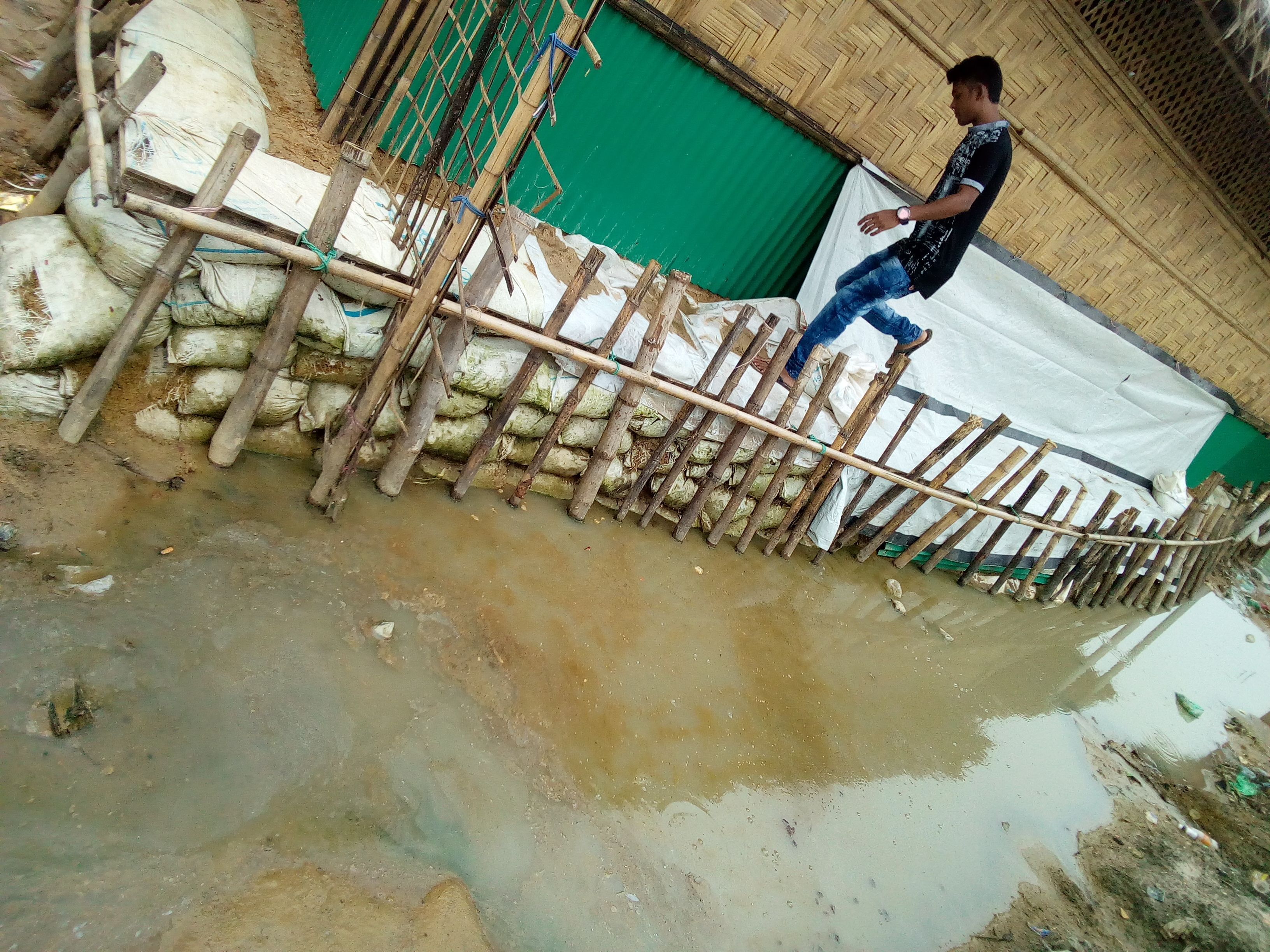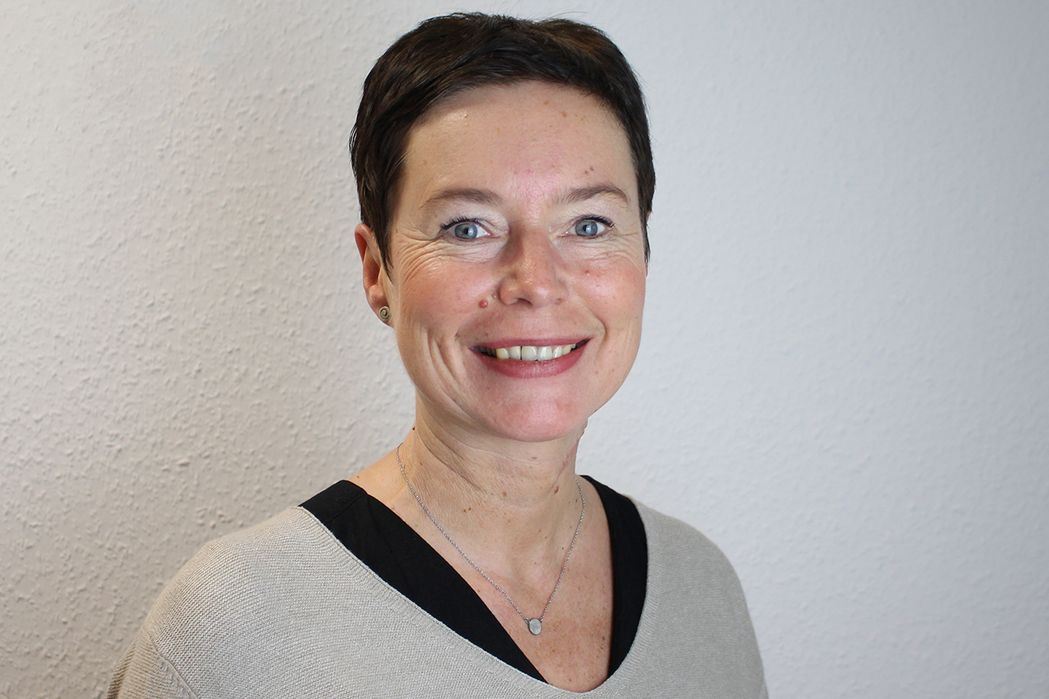The first monsoon rains in Bangladesh have brought flooding and landslides, damaging thousands of refugee shelters and infrastructure in the Kutupalong camp in Cox’s Bazar. The Bangladeshi Military has blocked off a key access point into the camp, allowing only medical vehicle and teams of registered NGOs.
“Our health station in Kutupalong camp sustained minor damages from the flooding, but teams from our local partner organization, Gonoshasthaya Kendra have been working around the clock to safeguard medical equipment and medicines from our health stations,” said Gerhard Serafin, Coordinator of Malteser International’s response in Cox’s Bazar. “We are still providing aid to people injured, but conditions are expected to worsen in the coming months as the rains continue.”
Along with the local partner, Malteser International provides medical care for around 20,000 people in two health stations within Kutupalong camp. In addition to the treatment of infectious diseases and wounds, the team on the ground also cares for pregnant and nursing mothers.
Some 650,000 members of the Rohingya ethnic minority fled their homes in neighboring Myanmar after a wave of violence and persecution in August 2017. Since then, a majority have been living in makeshift shelters of bamboo and plastic inside the Kutupalong camp – currently the largest refugee camp in the world with about 800,000 refugees.
As the cyclone and monsoon season continues through August, it is feared that most of the shelters will not be able to withstand the high winds and torrential rains. The flooding also brings with it the risk of water-borne diseases such as diarrhea and hepatitis. “Relief supplies are becoming increasingly scarce,” Serafin said. “We need more help in order to continue to provide lifesaving aid for the already vulnerable children, women and men who will be affected by this disaster.”
It’s a race against time and urgent action is needed. Help us keep refugees safe and healthy.
Donate now!










